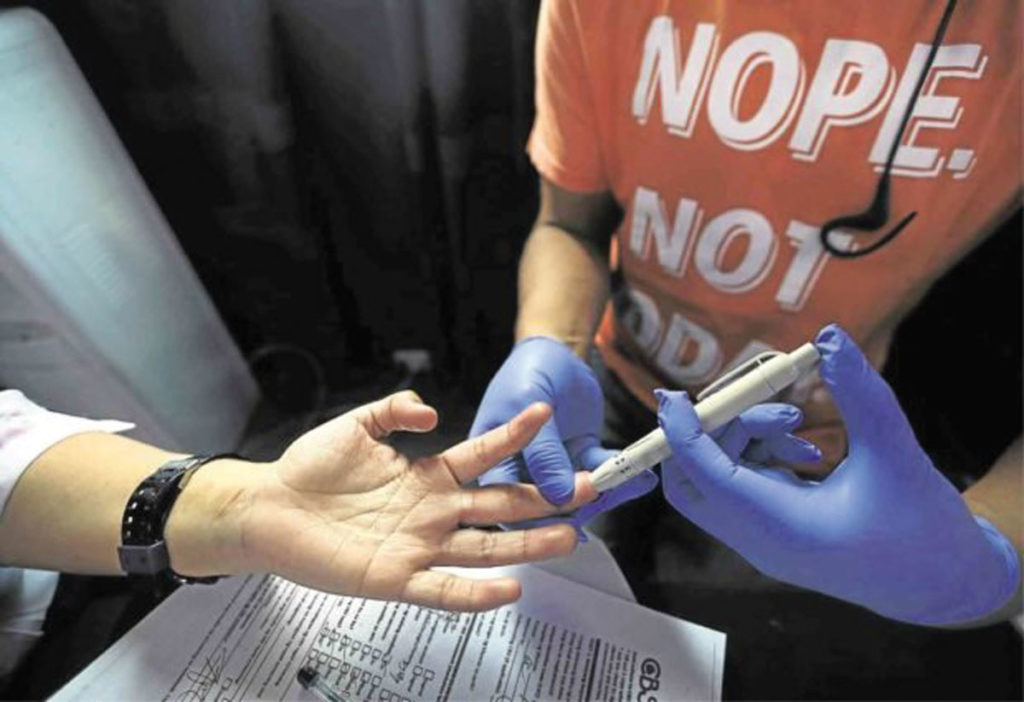
A study conducted by the United Nations Program on HIV/AIDS (UNAIDS) found that the Philippines has the “fastest growing epidemic” of the sexually transmitted disease, with a 203 percent rise in new HIV (human immunodeficiency virus) infections from 2010 to 2018.
Worldwide HIV cases, on the other hand, declined by at least 18 percent.
Only Pakistan and Malaysia registered an increase in HIV cases in the Asia-Pacific region, with 57 percent and 4 percent, respectively.
“Fastest growing in terms of growth rate, comparing 2010 and 2018…” said UNAIDS country director Louie Ocampo in a forum on Monday, October 21.
According to him, the growth of HIV cases can be attributed to vulnerable populations, such as the youth, which do not have access to contraceptives or do not effectively use them.
“But in terms of absolute number, it is still very low and we have not defeated African countries when it comes to the number of cases,” Ocampo noted.
The Department of Health in June released a report that 6,372 new cases had been recorded since the start of the year, accounting for about 10 percent of the total reported cases of 68,401 since 1984.
200,000 HIV cases in PH by 2025
The number of HIV cases in the Philippines is predicted to hit 201,000 by 2025 if the country fails to implement some “drastic moves,” according to UNAIDS.
“The Philippines has been projected to have 201,000 HIV cases by 2025, up from 56,000 cases in 2016 and 142,000 cases in 2022,” Ocampo said.
To help curb the epidemic, he stressed that the local governments should have a higher level of commitment to confront the disease like putting in place a functional local AIDS council and creating an investment plan.
He added that psychosocial support should be continuously provided to those living with HIV.
Ocampo also said that it was important to “destigmatize and mainstream” condom use as well as to provide pre-exposure prophylaxis (PrEP) — which is only given by some HIV advocacy groups and not yet part of the national program — to high-risk groups. (Ritchel Mendiola/AJPress)




